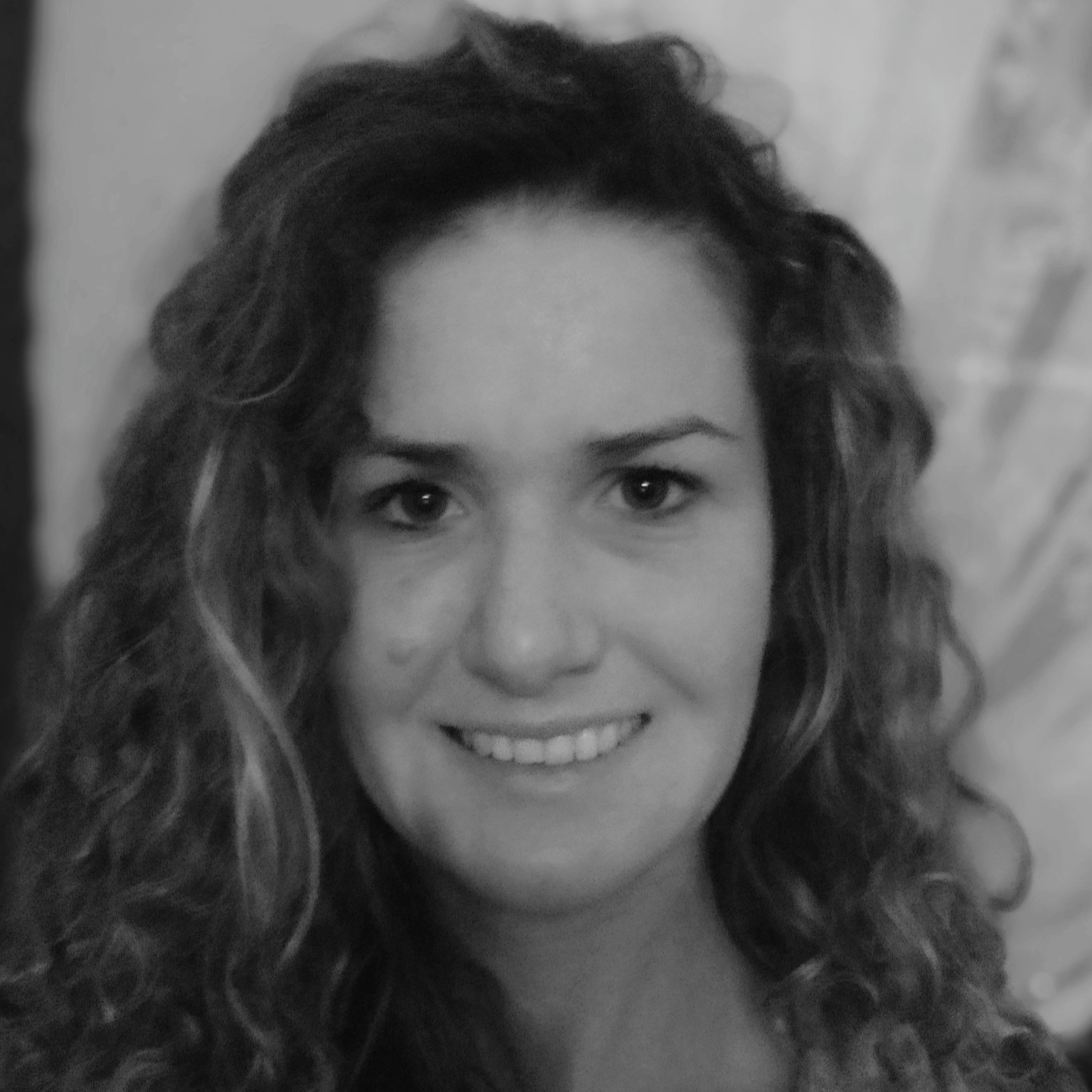Applications of Sequences & Series (DP IB Applications & Interpretation (AI)) : Revision Note
Did this video help you?
Applications of Arithmetic Sequences & Series
Many real-life situations can be modelled using sequences and series, including but not limited to: patterns made when tiling floors; seating people around a table; the rate of change of a population; the spread of a virus and many more.
What do I need to know about applications of arithmetic sequences and series?
If a quantity is changing repeatedly by having a fixed amount added to or subtracted from it then the use of arithmetic sequences and arithmetic series is appropriate to model the situation
If a sequence seems to fit the pattern of an arithmetic sequence it can be said to be modelled by an arithmetic sequence
The scenario can be modelled using the given information and the formulae from the formula booklet
A common application of arithmetic sequences and series is simple interest
Simple interest is when an initial investment is made and then a percentage of the initial investment is added to this amount on a regular basis (usually per year)
Arithmetic sequences can be used to make estimations about how something will change in the future
Examiner Tips and Tricks
Exam questions won't always tell you to use sequences and series methods, practice spotting them by looking for clues in the question
If a given amount is repeated periodically then it is likely the question is on arithmetic sequences or series
Worked Example
Jasper is saving for a new car. He puts USD $100 into his savings account and then each month he puts in USD $10 more than the month before. Jasper needs USD $1200 for the car. Assuming no interest is added, find,
i) the amount Jasper has saved after four months,

ii) the month in which Jasper reaches his goal of USD $1200.

Did this video help you?
Applications of Geometric Sequences & Series
What do I need to know about applications of geometric sequences and series?
If a quantity is changing repeatedly by a fixed percentage, or by being multiplied repeatedly by a fixed amount, then the use of geometric sequences and geometric series is appropriate to model the situation
If a sequence seems to fit the pattern of a geometric sequence it can be said to be modelled by a geometric sequence
The scenario can be modelled using the given information and the formulae from the formula booklet
A common application of geometric sequences and series is compound interest
Compound interest is when an initial investment is made and then interest is paid on the initial amount and on the interest already earned on a regular basis (usually every year)
Geometric sequences can be used to make estimations about how something will change in the future
The questions won’t always tell you to use sequences and series methods, so be prepared to spot ‘hidden’ sequences and series questions
Look out for questions on savings accounts, salaries, sales commissions, profits, population growth and decay, spread of bacteria etc
Examiner Tips and Tricks
Exam questions won't always tell you to use sequences and series methods, practice spotting them by looking for clues in the question
If a given amount is changing by a percentage or multiple then it is likely the question is on geometric sequences or series
Worked Example
A new virus is circulating on a remote island. On day one there were 10 people infected, with the number of new infections increasing at a rate of 40% per day.
a) Find the expected number of people newly infected on the 7th day.

b) Find the expected number of infected people after one week (7 days), assuming no one has recovered yet.


You've read 0 of your 5 free revision notes this week
Unlock more, it's free!
Did this page help you?
